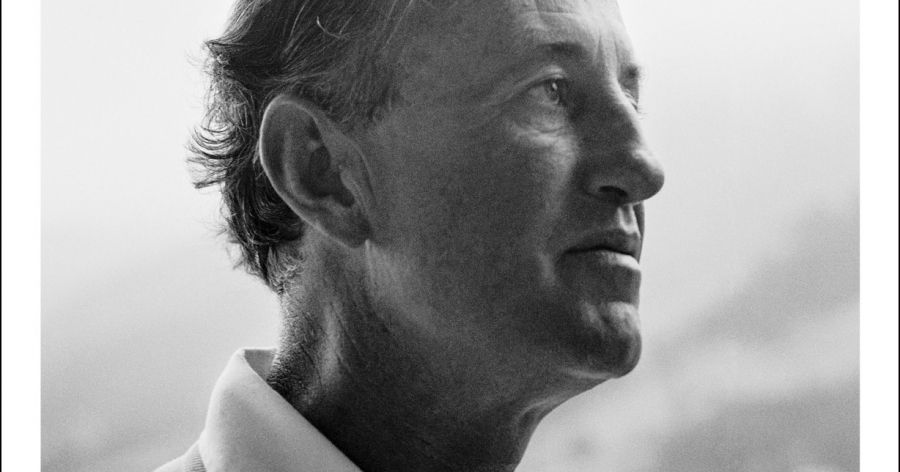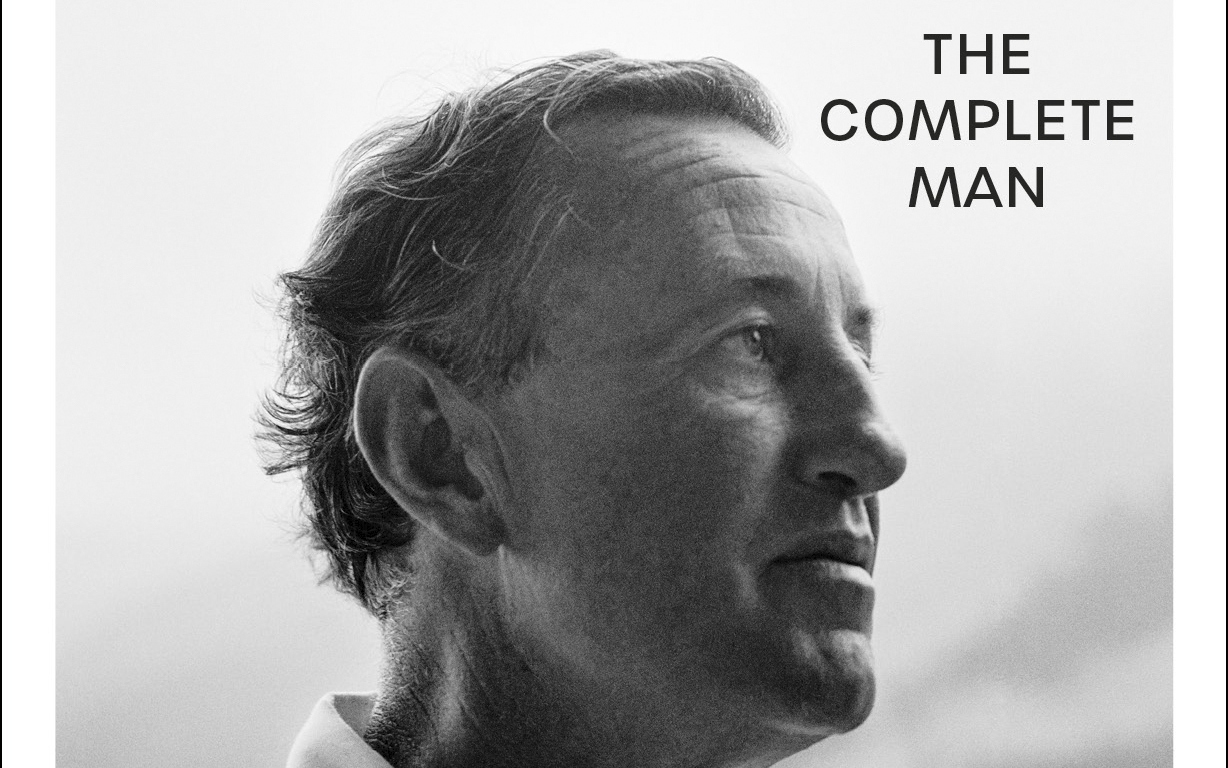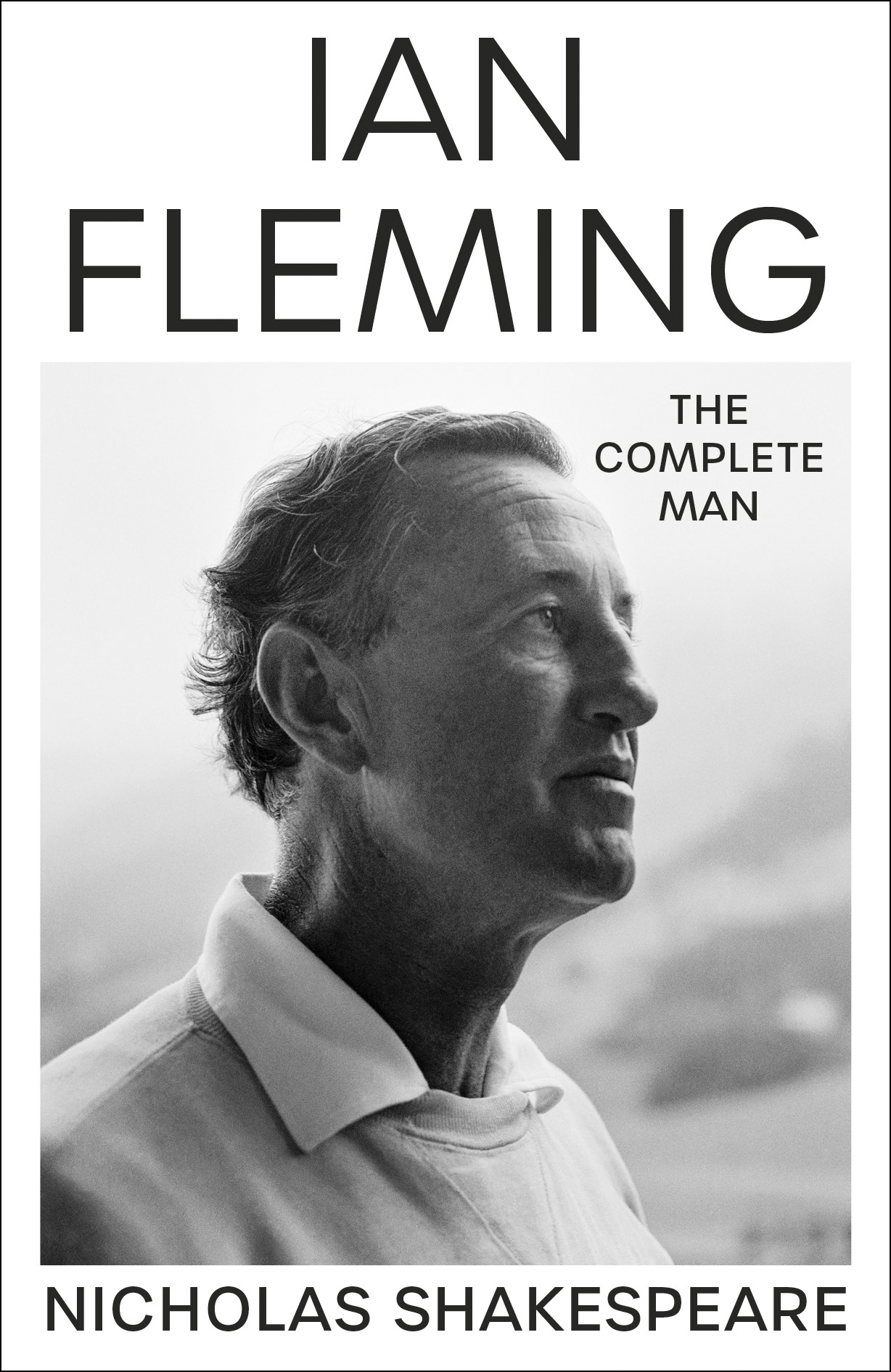
- Free Article: No
- Contents Category: Biography
- Review Article: Yes
- Article Title: Q’s exploding pen
- Article Subtitle: Everything came at once
- Online Only: No
- Custom Highlight Text:
The smallest, dullest link in the fateful chain binding John F. Kennedy and his assassin Lee Harvey Oswald is that both men were big fans of the fictional spy James Bond. In the immediate aftermath of Kennedy’s assassination in November 1963, when investigators searched the tiny boarding room in Dallas that Oswald rented for $8 per week, they found the four Bond books that citizen Oswald had assiduously borrowed from a local library.
One of these was From Russia with Love, Ian Fleming’s novel from 1957, which has at its heart the cat-and-mouse relationship between Bond and the crack SMERSH assassin Donovan Grant, who is tasked and determined to take out Bond, and with him the agency he represents.
- Featured Image (400px * 250px):

- Alt Tag (Featured Image): Paul Kildea reviews ‘Ian Fleming: The complete man’ by Nicholas Shakespeare
- Book 1 Title: Ian Fleming
- Book 1 Subtitle: The complete man
- Book 1 Biblio: Harvill Secker, $42.99 pb, 850 pp
- Book 1 Cover Small (400 x 600):

- Book 1 Cover (800 x 1200):

Six weeks beforehand, the spy’s creator had attended the première of the film version of the same book, the second such to be adapted for cinema. Lines of people had snaked around Leicester Square all day in anticipation of the celebrity crowd expected on the red carpet that night. After the première, a slice of this crowd attended a lavish party at Fleming’s London home, swilling good champagne and supping on £300 (£7,500 today) worth of caviar, funded by a blackjack win and sourced according to Nancy Mitford’s exacting standards and instructions. Present was a fair smattering of literary London: Iris Murdoch, Evelyn Waugh, Cyril Connolly, Peter Quennell, and Fleming’s older brother Peter, still in possession of his considerable pre-war reputation as a writer.
It was the highpoint of the younger Fleming’s career, the politeness of the highbrow guests he had warily idolised for so long (barely) disguising their sneering response to their host’s middlebrow success. ‘I crept upstairs,’ Fleming wrote to his editor William Plomer, himself an eminent writer, ‘beaten to the ground at about 1 a.m.’ Yet it was both a highpoint and a turning point: Fleming’s wife, Ann, would later say that ‘the tragedy of his life was that everything came at once – the bestsellerdom, the films, the heart attack’. Fleming was dead in less than a year, aged fifty-six.
Ann was right, though she is a difficult source to trust or like. Yet more or less everyone in this book is either one or the other: Fleming’s mother was a monster, his wife a manipulative narcissist, his son a sociopath (only later diagnosed as bipolar). There are girlfriends eager, sceptical, heartbroken, and poorly treated – often one and the same person. Fleming’s grandfather comes across well – both in the graft he showed in building his rags-to-riches banking fortune and in the directions he put in place for how it should be distributed after his death – but he is a lonely sentinel on this particular watch. To a close observer in the 1930s, Ian was merely an attractive black sheep, and no one could have guessed that he would become world famous.
And world famous he became, though only in the last ten years of his life. The first Bond book, Casino Royal, was published in 1953 (either coincidentally or Zeitgeist-ly the year Elizabeth II was crowned), and the last, posthumously, in 1966. They contribute to a tally of a dozen novels and two collections of short stories, one written after another in Fleming’s modest home in Jamaica, to which he adjourned every year in flight from the English winter.
The real-life tragedy may well have been that everything came all at once; the tragedy in this book is that these years of plenty occupy only the last third of its pages, which constitute a pretty sad read. Additionally, there is the uneasy sense throughout that the real Bond fun kicked in only posthumously – Cubby Broccoli its architect and fund manager – a story outside the scope of this book. When Waugh wrote to Mitford, ‘Ian Fleming is being posthumously canonised by the intelligentsia. Very rum,’ he was on track, though Waugh would today be stunned by what literary ghostwriters and literate filmmakers have done with Fleming’s source material in the last couple of decades.
Nicholas Shakespeare’s rationale for weighting his biography thus is to locate Bond’s genesis and behaviour in Fleming’s own war activities as an intelligence agent. This is wholly proper: Bond’s backdrop may be the Cold War, but his M.O. is stubbornly rooted in the intelligence and subterfuge of World War II. There are stretches in the book where Shakespeare clutches hard at long-embargoed straws, however, which makes for a looong war. And even if every dot is drawn – and they’re not – we are still left with the invidious comparison between Bond and his slightly younger confrère George Smiley, John le Carré’s fictional spy, who is mired in the psychological cruelty of postwar Eastern Europe, facing something more real and relevant than the physical sadism Bond’s cartoon-character tormentors direct at him. Burgess and Maclean defecting to Russia in real time are somehow less compelling to Fleming – though perhaps not to Shakespeare – than Q’s exploding pens.
Shakespeare writes in his preface about how he weighed up what was new to say about his subject before undertaking the project. Sometimes the newness leads to structural decisions that do not quite land – the jumps between third-person, past-tense prose, and present-tense reportage, for example. Not even his lovely style can diminish the impression that Fleming himself is something of a monster, repeating the behaviour of his teen years in an endless cycle of charm and betrayal. Perhaps this is Shakespeare’s goal. He portrays the creator of ‘Peter Pan with a gun, Biggles with a cock’ as a morally vacuous writer stepping out of the shadow of his brother and father just in time. And now we all live with the consequences.


Comments powered by CComment